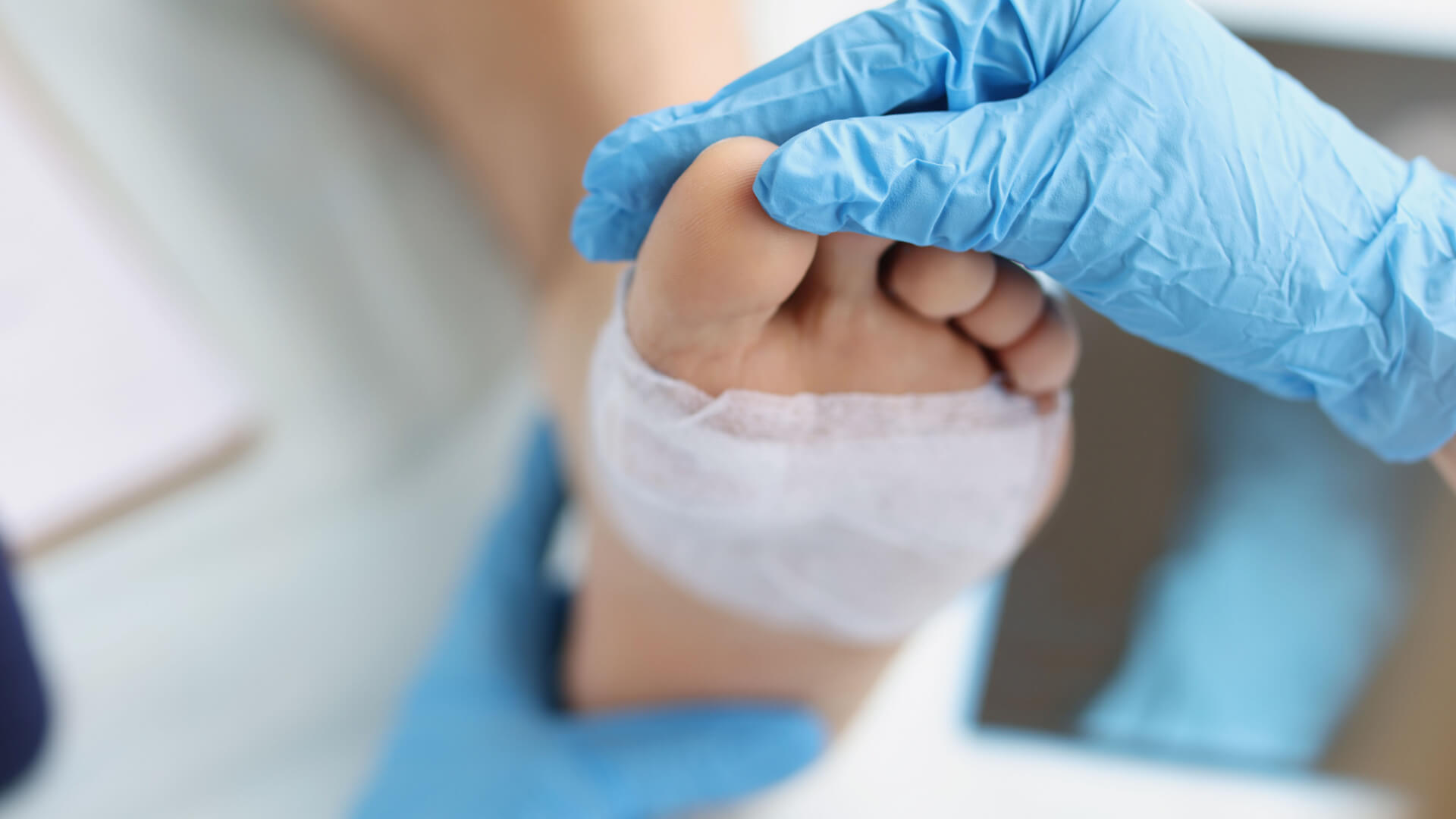August 11, 2023
In the United States, chronic wounds reportedly affect 6.5 million patients each year. For those that don’t know, a chronic wound is a type of injury that doesn’t heal in an orderly set of stages. They also don’t heal in a predictable amount of time the way most wounds do. This can lead to long recovery times that can feel as if they have no end.
When this happens, you’re left unable to properly care for yourself and live your life. Sometimes you have to depend on others, and may even be unable to work for longer than financially sustainable. Since these wounds are often stuck in one stage of healing and take significantly longer to heal, you can spend months healing before knowing when you’ll be ready and able to move freely again.
If you want to boost the recovery speed of your chronic wound, try using one of the recovery devices we offer at Gladiator Therapeutics. If you’re still unsure of what a chronic wound is and how it works, we can help explain.
What to Understand About Chronic Wounds
Chronic wounds can result from several different underlying conditions, including diabetes, obesity, aging, and the effects of radiation therapy. They can also be caused by pressure sores and ulcers related to nerve damage.
These types of wounds require specialized wound care and often involve treatments such as debridement (removal of dead tissue), application of dressings or topical agents, use of compression therapy, and sometimes even surgery.
It’s crucial for individuals with chronic wounds to work closely with their healthcare provider to manage their condition and promote healing. Unmanaged chronic wounds can lead to serious complications such as infections and tissue death.
Types of Chronic Wounds
Chronic wounds come in several types, but many are considered ulcers. An ulcer is a sore that develops on the skin or mucous membranes. It occurs when the surface tissues die and are shed, exposing the underlying layers. This can happen anywhere in the body but is most common in the stomach, small intestine, and legs. The main types are:
- Pressure Ulcers: Also known as bedsores, these occur when there’s prolonged pressure applied to specific parts of the body. They are especially common over bony areas of the body such as the hips, ankles, and heels, which go unused and sit in place when someone is confined to their bed. They’re common in individuals who are bedridden or use a wheelchair.
- Venous Ulcers: These ulcers are often caused by malfunctioning valves in the veins, usually in the legs. These valves cause blood to pool and increase pressure in an area. This increased pressure can cause your skin to break down and lead to the formation of an ulcer.
- Diabetic Ulcers: People with diabetes are at risk for ulcers, particularly on the feet. High blood sugar levels can damage nerves, which leads to a loss of sensation and a lack of awareness of injuries or pressure points on the feet.
- Arterial Ulcers: These ulcers occur when there’s a blockage in the arteries, often due to atherosclerosis which is the hardening of the arteries. This reduces blood flow to the extremities and leads to skin breakdown and ulcer formation.
- Vasculitis Ulcers: Vasculitis is an inflammation of the blood vessels that can lead to the formation of ulcers, typically on the legs.
- Neuropathic Ulcers: Also known as neurotrophic ulcers, they are commonly found in people with conditions that affect the nerves, such as diabetes or peripheral neuropathy.
- Surgical Wounds: Sometimes, wounds from surgery may not heal properly and can become chronic.
Each type of chronic wound requires a different approach to treatment, depending on the underlying cause and the condition of the wound itself.
How Can Gladiator Therapeutics Help?
One of the main features of our healing devices is helping the body heal wounds. They improve the body’s blood circulation and speed up the healing of chronic wounds and post-surgical recovery alike. The faster a wound heals, the less time there is for them to leave permanent and long-lasting effects.
Our devices are non-invasive and designed to be as comfortable as possible, even over open wounds. For more information on whether or not our recovery devices will work for your chronic wound, contact us today.
- Tags:
- chronic wound

